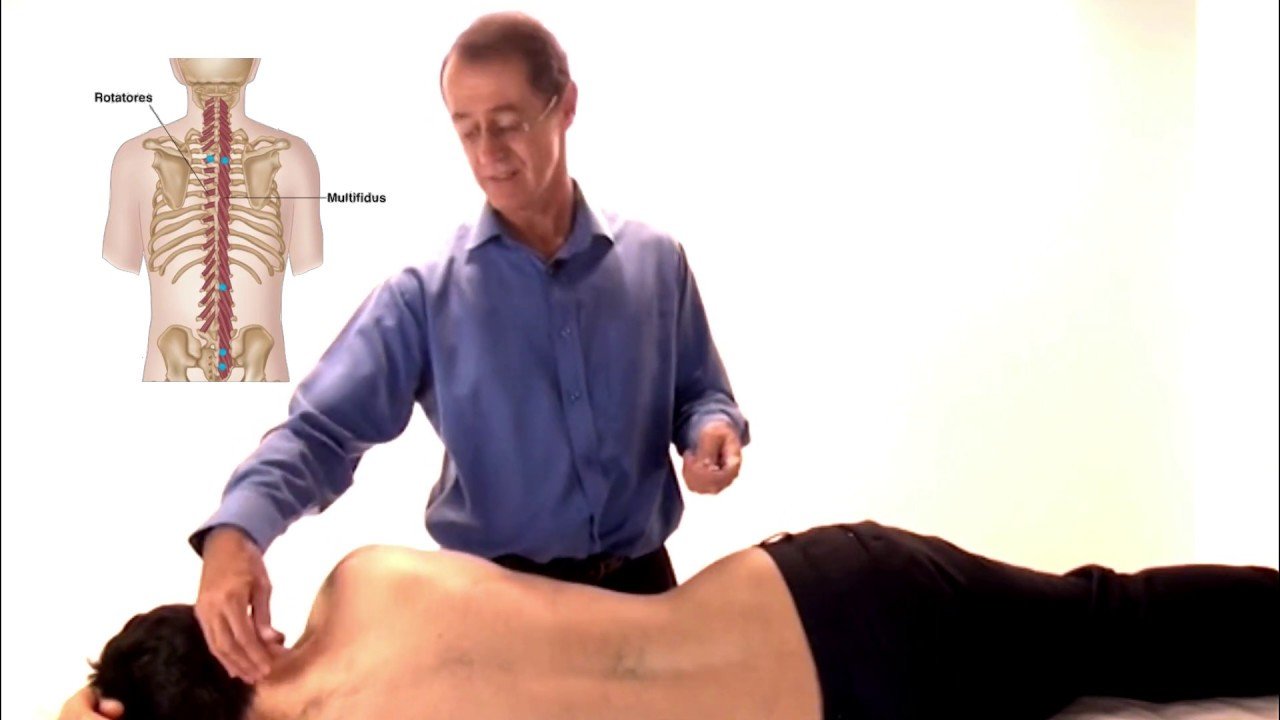This video we bring you about acupuncture to you so you can watch and also have access to related topics and items, all in one place. You can learn and keep learning without distraction.
These multifidus trigger points can be troublesome to locate and treat, but there are some simple tips that can help make it easier.
Multifidi are deep muscles that act as shock absorbers and tension buffers between the spine and the prime movers of the trunk. Their fibers go from the top of the neck to the posterior sacrum.
When these muscles shorten, stiffen, and tighten, the shock-absorbent quality is lessened or lost and the neuromuscular integrity of the spine is affected.
The multifidi and rotators both work to stabilize the structures of the spine and fine-tune the spatial relationship between the vertebrae.
NAT offer an online course that is specifically designed for the student of dry needling, or the experienced practitioner who wishes to learn new techniques from one of the world’s foremost trigger point and chronic pain specialists.
The trigger point dry needling course is presented by Dr. Jonathan Kuttner who is a leading authority on dry needling / medical acupuncture and is the recipient (2014) of the NAMTPT lifetime achievement award for his contribution to trigger point therapy.
The course material includes; Introduction to Triggers, Finding Triggers, Myofascial Release, Evidence Overview, Taking a Case History, Differential Diagnosis, Needling Safely, Introductory Needling Techniques , Advanced Needling Techniques, Step-by-Step video tutorials for all main muscle groups (over 100 muscles covered in detail across all course material).
Disclaimer & Warning Notice:
Any form of needling can be dangerous. Needling must only ever be performed by a medical or healthcare professional who is qualified in needling techniques.
Do not practice any form of needling unless it falls within your professional scope of practice.
Depending on where you practice, you may be required by law to meet certain criteria for practicing needling, even if you are a qualified medical or healthcare practitioner. If you are not sure about the laws and regulations governing the practice of needling in your area, you must make the necessary enquiries to ensure that you meet any and all local requirements that may be in place. If you are unsure, please contact your professional organization or licensing board.
